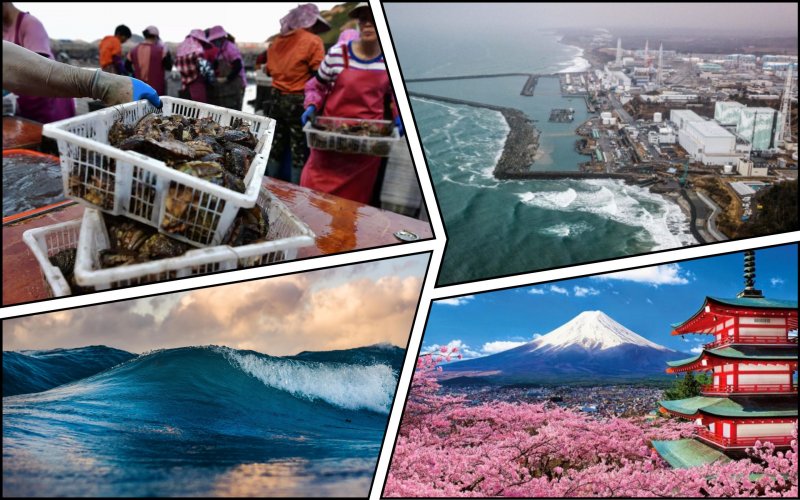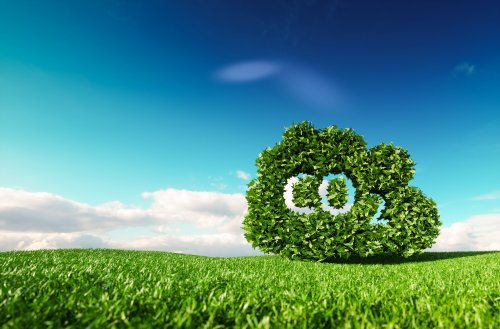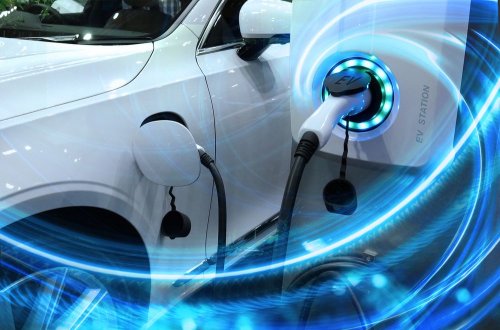China accused of hypocrisy over ban on seafood imports from Japan due to ocean dumping 1 million tons of radioactive water from the destroyed Fukushima Daiichi nuclear power plant.
China's nuclear power plants are dumping sewage with higher levels of tritium into the ocean than in the waters from Fukushima, reports The Guardian.
It is noted that China has also been accused of using this incident to incite anti-Japanese sentiment.
The material said that Japan will dump treated radioactive water for at least 30 years. The plan was approved by the UN nuclear safety body, the International Atomic Energy Agency (IAEA) and the Japanese government. Many scientists agree with the IAEA that the release will have little radiological impact on people and the environment.
At Tokyo Electric Power Company (TEPCO) stated that the analysis of samples the first batch of wastewater released showed that the level of radioactivity was within safe limits.
"We have confirmed that the analyzed value is equal to the calculated concentration and that the analyzed value is below 1,500 becquerels per liter," a spokesman said. TEPCO Keisuke Matsuo, adding that the national safety standard is 60,000 becquerels per liter.
He explained that the company will continue to analyze the level of radioactivity.
It is noted that the Chinese power plant Fuqing in Fujian province releases into the Pacific Ocean about three times more tritium than the planned release in Fukushima. In all likelihood, Beijing bases its position on the fact that the release of Japan occurred as a result of a nuclear catastrophe and other radioactive substances may be present in the waters.
The material explained that tritium is produced naturally as part of the normal background radiation of the environment.
University of Auckland senior lecturer Dr. David Krofchek stressed that the tritium content in discharged water is seven times lower than the World Health Organization's drinking water guidelines.
“A lot more tritium has been released from normally operating nuclear power plants into the North Pacific,” he said.
Greenpeace said the radiological risks from Fukushima have not been fully assessed, and the biological impact of tritium, carbon-14, strontium-90 and iodine-129 emitted along with water "was ignored."
However, TEPCO and the Japanese government have said that the filtration process will remove strontium-90 and iodine-129, while the concentration of carbon-14 in contaminated water is much lower than the regulatory standard for discharge.
It is noted that some Chinese supermarkets, as they did after the 2011 Fukushima disaster, began selling salt due to unfounded rumors that the iodine in salt can prevent radiation poisoning.
As EcoPolitics reported earlier, Thursday, August 24, Japan began dumping more than 1 million metric tons of from the Fukushima nuclear power plant.





